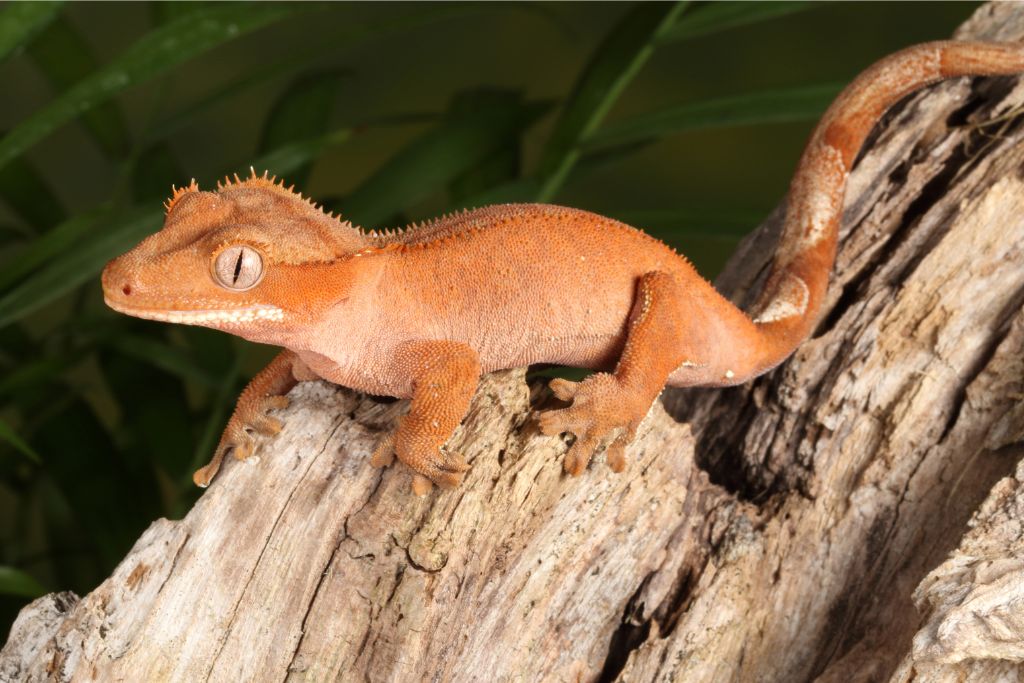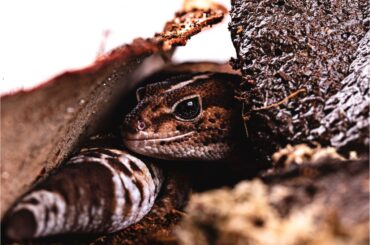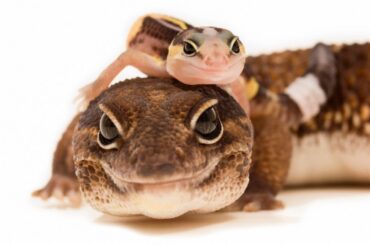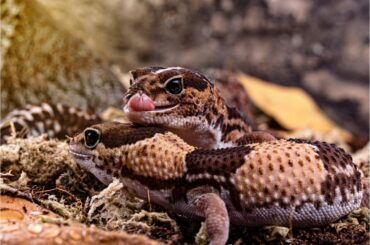Ever wondered how to care for a crested geckos, one of the cutest and most fascinating reptile pets? One crucial aspect of their care is recognizing and treating dehydration in these adorable creatures.
Water is especially important for crested geckos. Dehydration can cause significant health issues and discomfort for them. This article emphasizes the need for hydration for your crested gecko’s health and longevity.
Crested gecko dehydration signs, potential causes of dehydration, and, most importantly, methods to prevent and treat dehydration are discussed below. This guide will teach you everything you need to know to take the best care of your crested geckos and ensure it does well in its home.
Causes of Dehydration
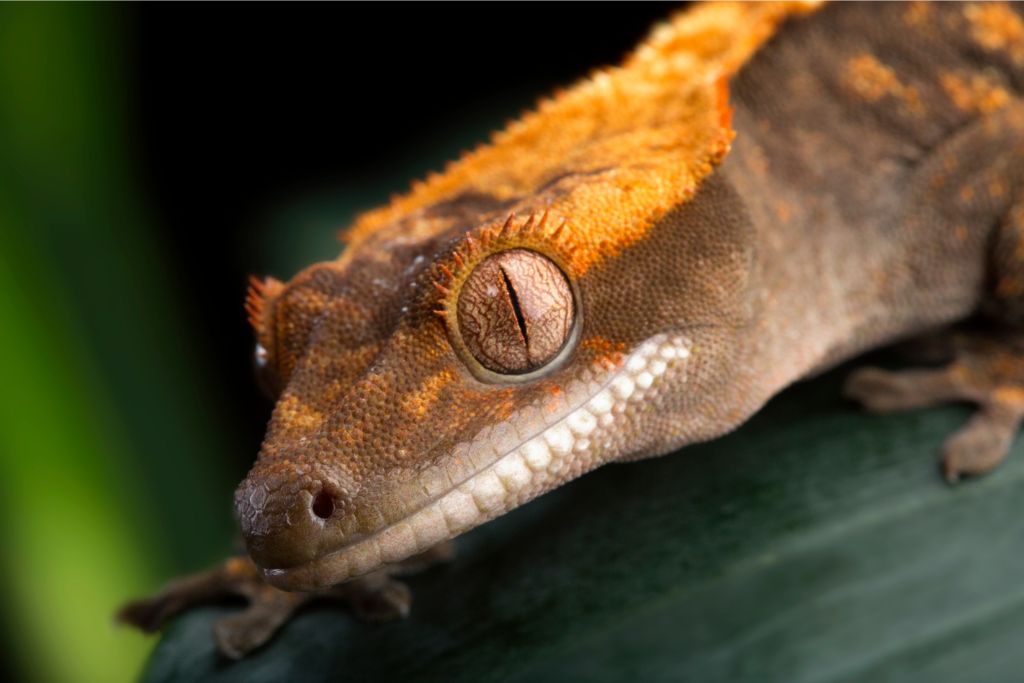
Understanding why crested geckos need to be hydrated is critical before examining the causes. Dehydration can undermine these unusual reptiles’ health and energy. Here are the leading causes of crested gecko dehydration in a brief list:
- Inadequate Humidity Levels: Low humidity in crested geckos’ habitats causes dehydration. These intriguing species are from damp tropical environments. Their enclosure may lack moisture, making it hard for them to stay hydrated.
- Incorrect Temperature: Temperature affects crested gecko hydration. Dehydration may result from their inability to regulate body temperature in extreme temperatures. Maintaining their ideal temperature is crucial.
- Poor Diet Choices: Another factor contributing to dehydration is an improper diet. Feeding your crested gecko the incorrect meals or insufficient variety can deprive them of nutrients and water.
Crested Gecko Dehydration Signs
Know about crested geckos’ health before discussing dehydration symptoms. The amazing crested geckos are terrific pets. Healthy living is essential for them because they live in humid New Caledonia.
- Sticky or Sunken Eyes: You may first notice a sunken-eyed dehydrated crested gecko. They may be sticky or sunk. Clear, bright gecko eyes are healthy.
- Wrinkled Skin: Dehydration can cause a crested gecko’s skin to become wrinkled or loose. This is a clear indicator that they need more water.
- Reduced Appetite: Dehydrated crested geckos lose their appetite like humans. If your pet is eating less or not at all, it could be a sign of a problem.
- Lethargy: A common symptom of gecko dehydration is lethargy. They may move less, spend more time hiding, or seem less active than usual.
- Darker Coloration: A dehydrated crested gecko might appear darker in color. Their skin can lose some of its vibrancy.
- Thickened Saliva: Pay attention to your gecko’s mouth. If you notice thickened saliva or difficulty swallowing, it could be due to dehydration.
- Reduced Poop: Changes in the frequency or consistency of their droppings can also indicate dehydration.
- Sunken Tail Base: The base of the tail, where it meets the body, might appear sunken if your crested gecko is dehydrated.
- Skin Folds: Healthy geckos have smooth skin, while dehydrated ones may show prominent skin folds along their body.
- Decreased Hydration Behavior: Crested geckos normally drink water droplets from leaves or enclosure walls. If you see a decrease in this behavior, it’s concerning.
- More Frequent Shedding: Dehydration can also affect the shedding process. If your gecko is having trouble shedding its skin, it may be due to insufficient moisture.
- Loss of Weight: Regularly weigh your crested gecko. If you notice a significant drop in weight, it can be a sign of dehydration.
Prevention and Maintenance
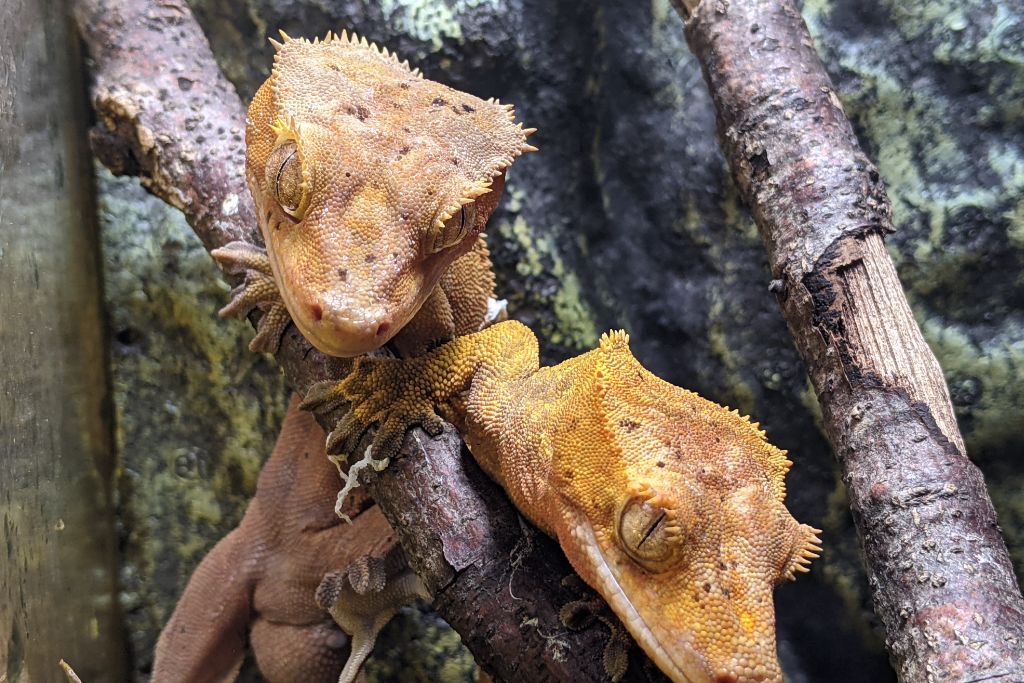
Keeping your pet crested gecko healthy and happy requires attention to their environmental needs, diet, and hydration. Here’s how to prevent and maintain your crested gecko’s health:
- Humidity Control: Crested geckos need a humid environment to thrive. Use a hygrometer to measure humidity levels in their enclosure. Aim for around 60-70% humidity. You can achieve this by misting the enclosure with water daily.
- Temperature Check: Maintain a temperature range of 72-78°F (22-26°C) during the day and a slight drop at night. A heat lamp or ceramic heat emitter can help achieve this. Regularly monitor the temperature with a thermometer.
- Proper Diet: Offering a balanced diet is essential. Feed your crested gecko a combination of commercial crested gecko food and live insects. This combination provides the nutrients they need to stay healthy.
- Water Sources: Always have a clean water dish available for your gecko. Make sure it’s shallow so they can easily drink from it. Mist the enclosure with water once or twice a day. Crested geckos often lick droplets from leaves to stay hydrated.
Treatment for Dehydrated Crested Geckos
Understand the symptoms and causes of dehydration in crested geckos before treating them. Knowing the signs of dehydration in your gecko and what could be triggering them is essential.
- Assess the Signs: Start by paying great attention to your gecko. Sunken eyes, wrinkled skin, tiredness, and loss of appetite are some symptoms of dehydration. You should take action if you experience any of these signs.
- Provide Fresh Water: Always have a clean, fresh water source available for your gecko. Offer it in a shallow dish that’s easy for your gecko to access.
- Mist the Enclosure: Crested geckos often absorb water through their skin. Mist the enclosure daily to increase humidity levels, but avoid making it too wet. This can lead to other health issues.
- Introduce Moist Hiding Spots: Place damp moss or paper towels in a hide within the enclosure. This provides your gecko with a humid retreat to help them rehydrate.
- Offer Hydrating Foods: Some fruits and insects have high water content. Offer these foods to encourage your gecko to consume more water. Some examples include water-rich fruits, like watermelon, and insects, like crickets.
- Oral Hydration: You can offer water directly into your gecko’s mouth using a small syringe or dropper. Be gentle and go slowly to prevent stress.
- Bathing: Place your gecko in a shallow, lukewarm water bath for about 15 minutes. Ensure the water level is no higher than their elbows. This allows your gecko to absorb water through their skin.
- Hydration Gel: Consult your veterinarian for special reptile hydration gels. This can be administered orally to help rehydrate your gecko effectively.
Long-Term Health and Well-Being
Keeping your gecko healthy and happy is essential for its long-term well-being. To monitor its health, regularly check for signs of illness or discomfort. Watch out for changes in eating habits, skin conditions, or unusual behavior. A healthy gecko should be active, have clear skin, and eat regularly.
Regular check-ups with a reptile veterinarian are crucial in ensuring the well-being of your crested gecko. These professionals specialize in reptile care and can catch signs of a sick crested gecko early, allowing for prompt intervention. They can also advise on diet, habitat, and immunizations to keep your pet healthy.
It’s important not to rush through any health concerns you may have; make sure to schedule check-ups at least once a year to monitor your crested gecko’s overall health.
Proper enclosure design and diet choices play a vital role in preventing dehydration. Ensure your gecko’s habitat has a humid hide and a clean, fresh water dish. Offer a diet rich in insects and consider using supplements. Providing a comfortable home and balanced nutrition will help your gecko stay hydrated and thrive for years.
Conclusion
Taking proactive care of your gecko is the key to preventing dehydration and ensuring its long-term health and happiness. Remember to monitor its well-being by regularly observing its behavior, skin, and eating habits. Make those annual visits to the reptile veterinarian a priority to catch any issues early on.
If needed, please share your experiences with other gecko lovers and get expert aid. We can build a community that cares for and helps these beautiful creatures grow. Your gecko will thank you with a long and vibrant life!
FAQs
How Long Can Geckos Go Without Water?
Crested geckos can go without drinking for several days to a week as they get moisture from their food and environment. However, it’s essential to regularly provide them with access to clean water.
Can I Soak My Crested Gecko in Water?
It’s generally not necessary to soak a healthy crested gecko in water. They obtain moisture from their environment and food. Only consider soaking if advised by a veterinarian for specific health issues.
How Often Should I Water My Crested Gecko?
Provide fresh water in a shallow dish for your crested gecko daily. Misting their enclosure in the evening can also help maintain proper humidity levels, which is essential for their health.

